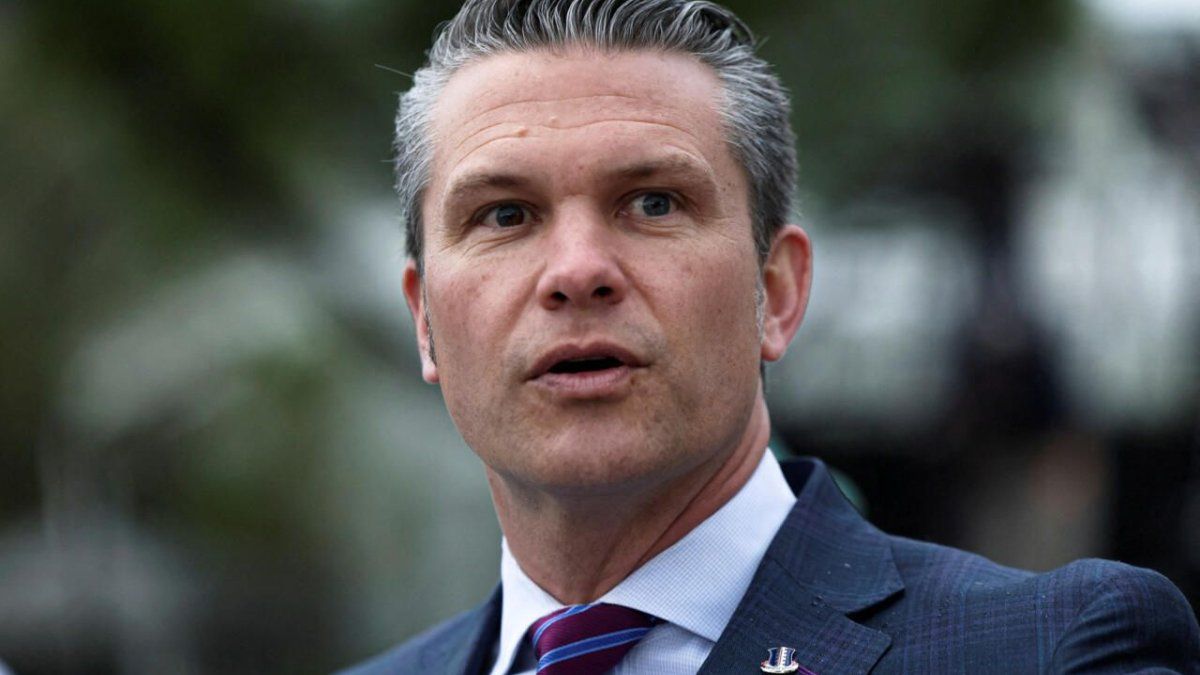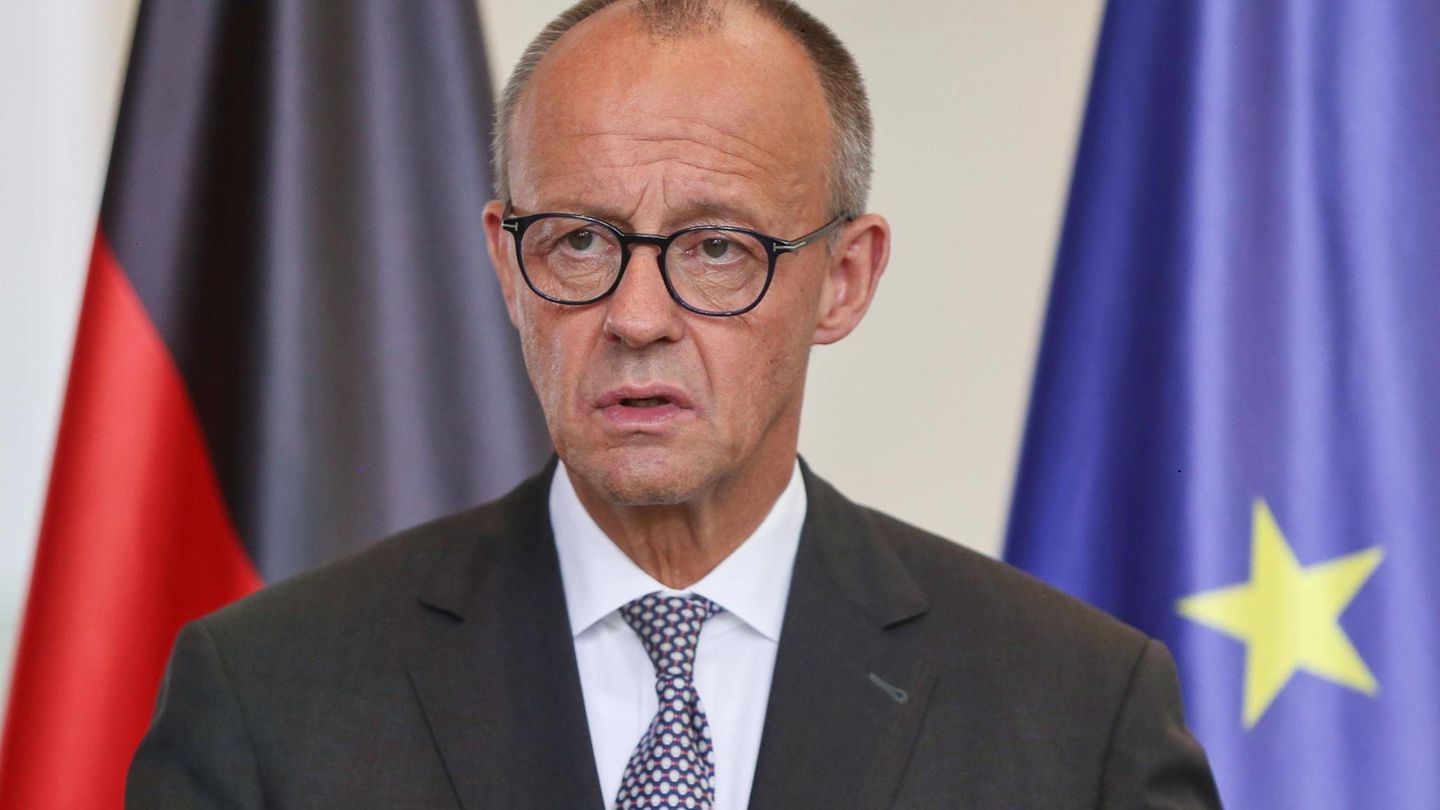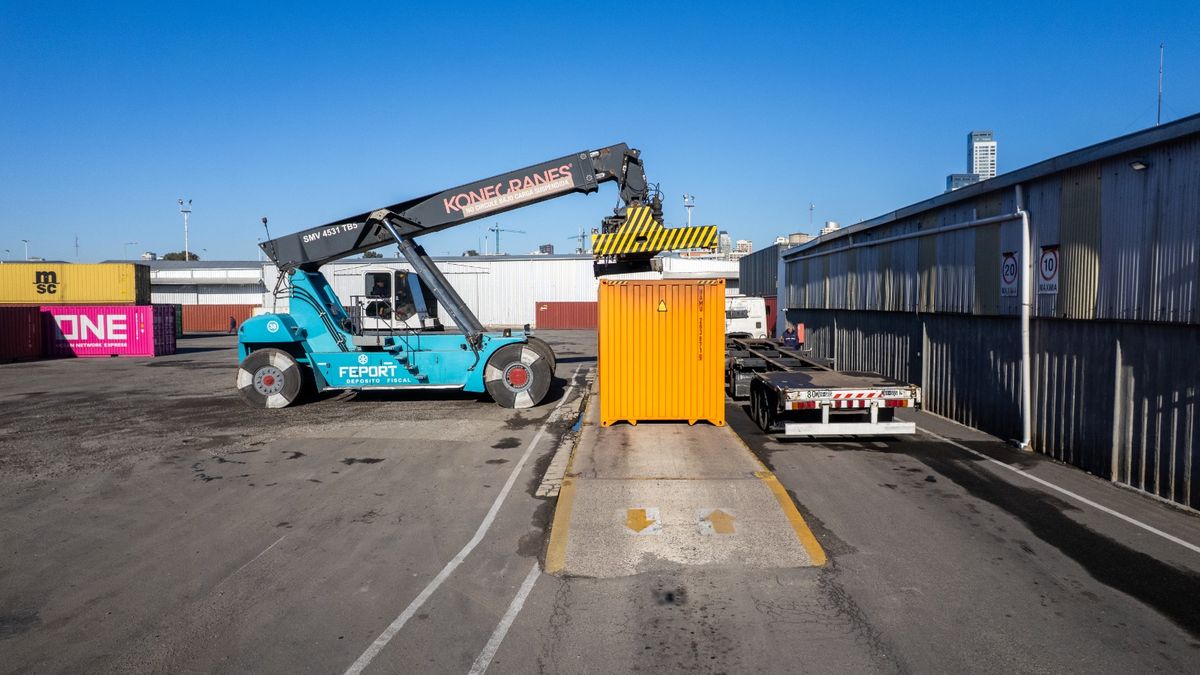The thing is clear: If humanity does not change its climate-damaging behavior within a few years, the global average temperature will rise by well over two degrees by the end of the century. This is associated with extreme weather events, the melting of the poles and rising sea levels. But “we still lack the connection to our own reality of life,” says Isabella Uhl-Hädicke, an environmental psychologist at the University of Salzburg. “Climate change is elusive, diffuse and abstract,” she says. In addition, “our actions are strongly controlled by consequences – positive and negative”. The environmental psychologist cites the schnitzel menu in the works canteen as an example. “If I like eating schnitzel, I choose it because the consequence is enjoyment. Now the information comes that frequent meat consumption contributes to climate change and I resolve to eat less meat. In the canteen, the consequences are then opposed ; the immediate positives when I grab the schnitzel, or the ones I might feel at some point when I grab the vegetarian menu.”


negative consequences
Especially in the transition phase, when people change their behavior, the positive consequences are not noticeable, and sometimes the negative consequences outweigh the costs. Uhl-Hädicke: “If, for example, as a passionate driver I have to see how I can get to my destination with public transport.” And then there are the psychological effects of the human environment, the social norms. “I plan to fly less because of the CO2 emissions, and then my colleagues sit next to me, who are still flying on vacation,” says the scientist, giving an example. The behavior of the environment influences our behavior consciously and unconsciously. “We orientate ourselves on the social environment. Their behavior also serves as an excuse: Why should I just do without?” Climate-damaging behavior is still the norm. This is where politics comes into play alongside civil society behavior. “It has the quickest lever to change social norms,” states Uhl-Hädicke. Why don’t politicians act faster to achieve the Paris climate target of limiting global warming to 1.5 degrees Celsius? The clear finding of the environmental psychologist: “Politics for the climate is struggling because these positions are not yet able to win a majority.”
That is changing rapidly. In the recently published Generali future study, concerns about climate change have already moved up to third place – after fears about the cost of living and inflation. And how quickly attitudes can change, even among conservatives, is illustrated by the demand from a Swiss shareholders’ association: companies should show greater commitment to combating climate change!


Isabella Uhl-Hädicke: “Why don’t we just do it? – The Psychology of the Climate Crisis”, Molden Verlag, 176 pages, 25 euros, will be published on February 24
Source: Nachrichten




